Millet flour, a gluten-free flour made from ground millet seeds, has a mildly sweet and nutty flavor that makes it a great addition to baked goods. It also contains significant amounts of iron, magnesium, protein, fiber, though thankfully there are a fair number of flours you can substitute for millet flour.
As someone who has been using it for the last few years in my baking, I can attest to its versatility and nutrition. However, it’s not every day that you have millet flour on hand, so I've compiled a list of direct substitutes for millet flour to help you get past any missing ingredients that much faster!
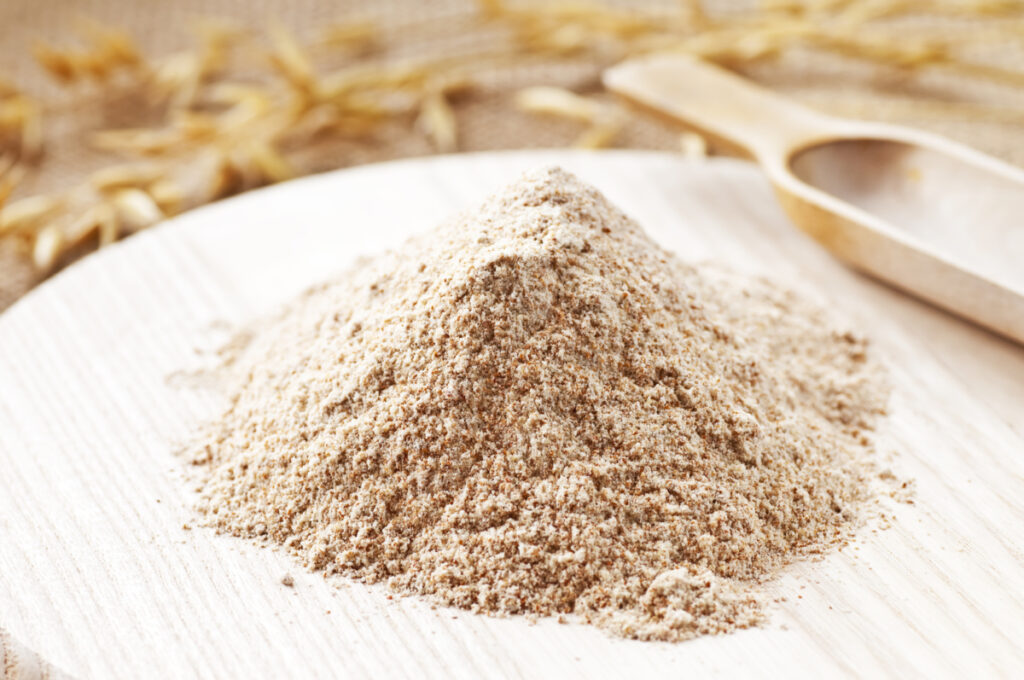
✨ Best Substitutes for Millet Flour
Oat Flour
1 cup of millet flour = 1 cup of oat flour
Oat flour is a fine powder that is a great gluten-free substitute for millet flour, made by grinding whole oats into a fine powder that has a mild, slightly sweet flavor. It's a lot like the dust from those instant oatmeal packets.
One of the benefits of using oat flour is that it is readily available in most grocery stores and is a budget-friendly option, though buy it gf-certified if needed. Oat flour is also versatile and can be used in various recipes, including bread recipes, muffins, and pancakes.
If you decide to use oat flour, it's worth noting that it has a distinct texture that differs from millet flour. Oat flour is smoother and finer, which could potentially affect the texture of your baked goods, so to adjust for this, you may need to modify the amount of liquid in your recipe.
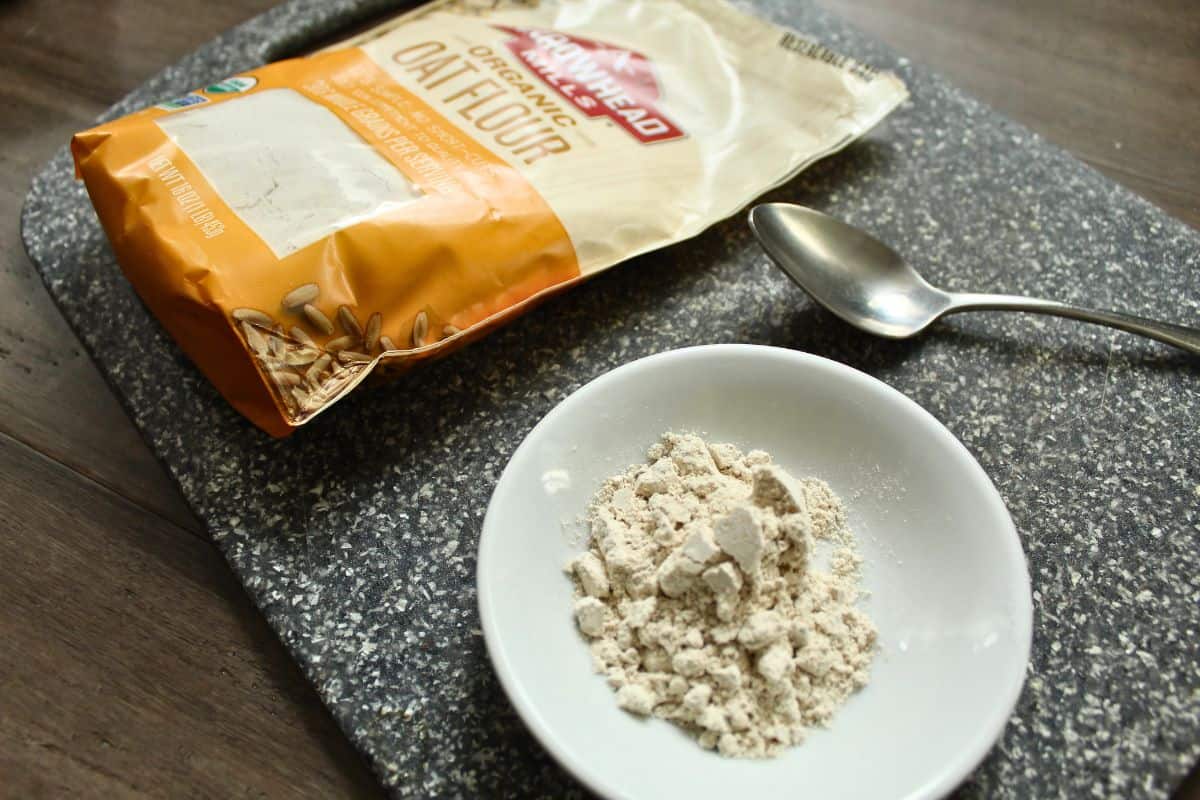
Quinoa Flour
1 cup of millet flour = 1 cup of quinoa flour
Another great alternative to millet flour and a gluten-free option is quinoa flour. This flour is made from ground quinoa seeds and has a slightly nutty flavor and is a good source of protein, fiber, and essential amino acids, with sufficient amounts of all 9.
If you're considering using quinoa flour, then note that it’s pricier and has a certain taste that's stronger than millet. Despite this, it's a fantastic choice for those looking to diversify their baking or who have a gluten intolerance and need to stick to other gf options.
Sorghum Flour
1 cup of millet flour = 1 cup of sorghum flour
Sorghum flour is an ideal choice for baking cakes, cookies, and other baked goods because of its mild flavor, slightly sweet taste, and fine texture. It’s manufactured out of sorghum, a cereal grain that is widely cultivated in both Africa and Asia.
If you're searching for flour with these characteristics, sorghum flour is an excellent substitute for millet flour. It's a fantastic source of protein as well, which is essential for maintaining and mending muscles, in addition to being high in fiber and mild in flavor.
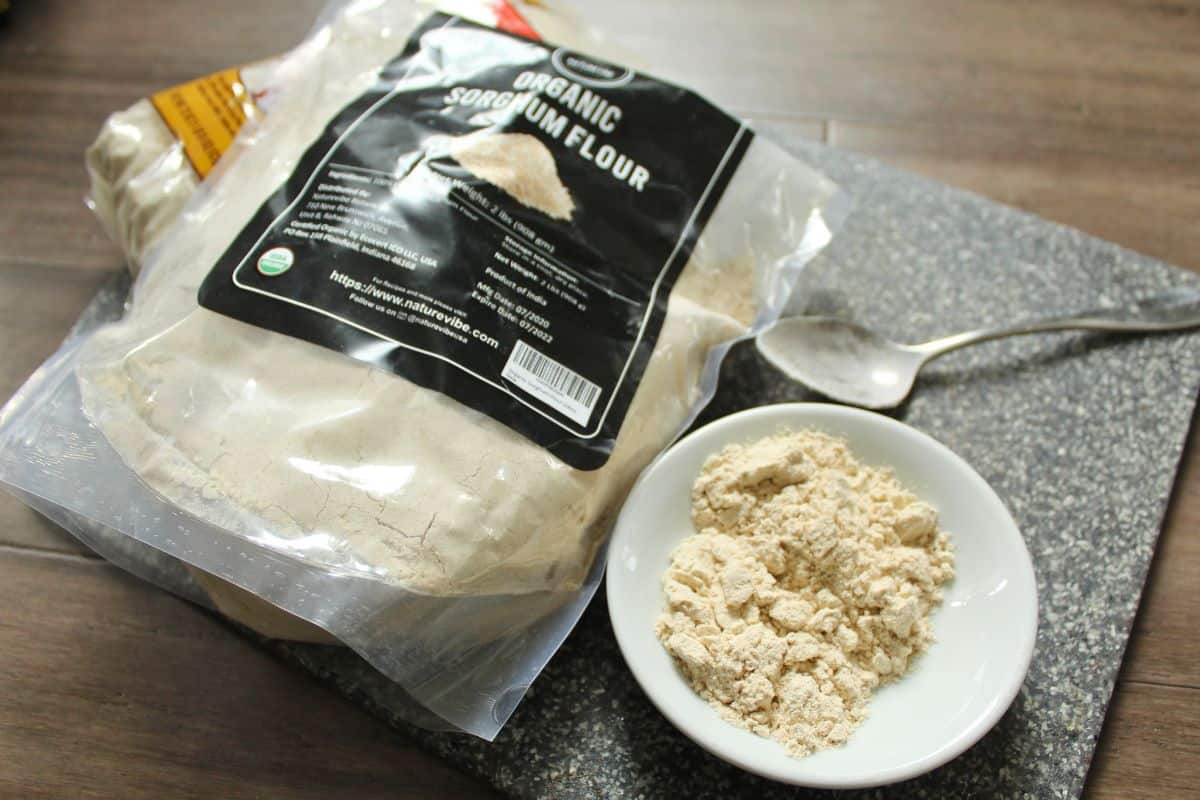
White Rice Flour
1 cup of millet flour = 1 cup of white rice flour
White rice flour is a popular substitute for millet flour due to its mild taste and versatility. It’s made from finely ground de-hulled rice that’s available in brown, unhulled varieties as well, and also great for those who are gluten sensitive or have celiac disease.
Not only is it naturally gluten-free, but it also has a mild, slightly sweet taste that won't overpower the other flavors in your recipe. Its bland flavor means it can be used in a variety of recipes, including bread, pancakes, and cookies, while its fine texture creates a smoother, more tender crumb in baked goods.
Buckwheat Flour
1 cup of millet flour = 1 cup of buckwheat flour
Buckwheat flour is made from ground buckwheat groats, meaning they aren’t related to wheat and are naturally gluten-free. It has a nutty and earthy flavor that works well in a variety of baked goods, such as pancakes, waffles, and muffins, and works great as a thickener for soups and sauces.
Buckwheat flour is a fantastic choice for baking as it offers numerous advantages. To begin with, it’s naturally gluten-free and highly nutritious, as it contains fiber, protein, and essential minerals like magnesium, phosphorus, and calcium.
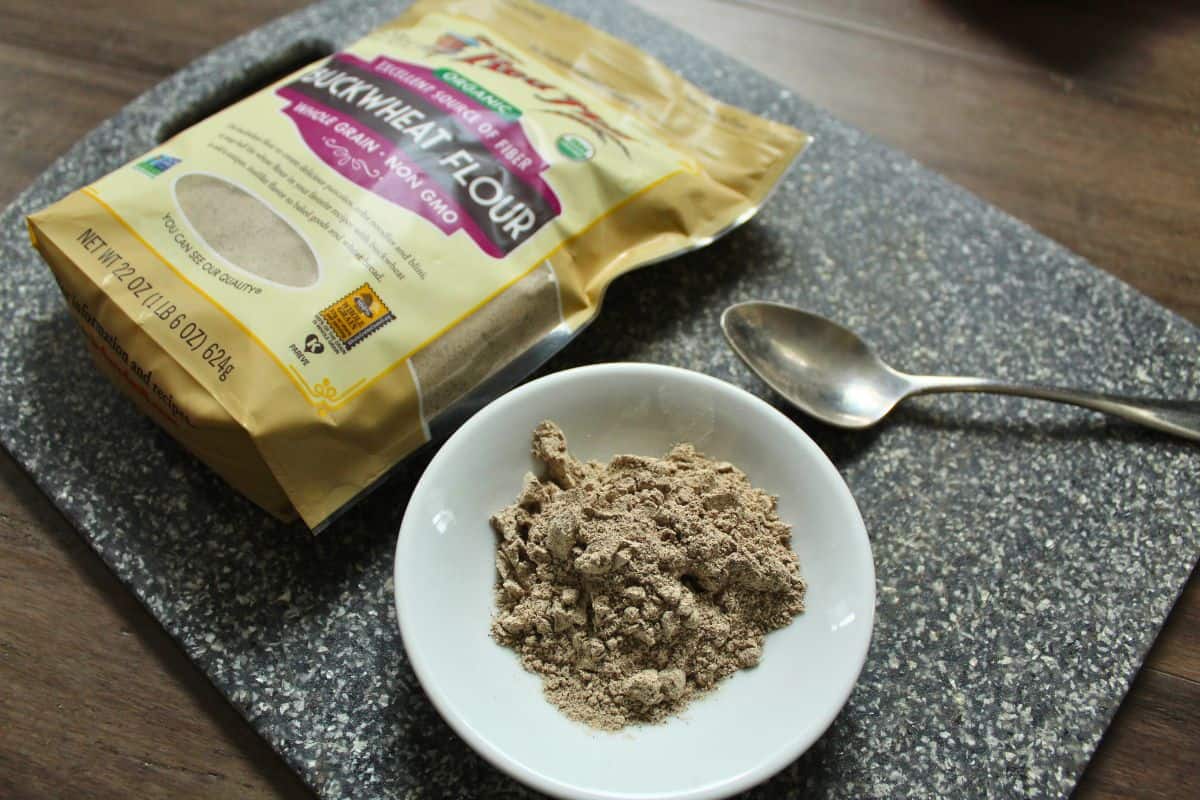
Chickpea Flour
1 cup of millet flour = 1 cup of chickpea flour
Chickpea flour, also called gram flour or besan (supremely similar but different), is a popular substitute for millet flour. It's made by grinding dried chickpeas into a fine powder and can be a great alternative for those looking to switch things up with a bit more umami flavor.
It's high in protein, fiber, and other essential nutrients, making it a healthy alternative to some other picks, though a slightly more unusual pick thanks to its slightly nutty flavor and dense texture.
Almond Flour
1 cup of millet flour = ⅓ cup of almond flour
Almond flour is a great keto substitute for millet flour because it’s gluten-free and low in carbs. It’s made from ground almonds, and has a nutty flavor that works well in many baked goods (like macarons), as well as in pasta substitutes and homemade crackers.
It should be noted that almond flour cannot be used as a one-to-one substitution for millet flour. Since millet flour is less dense than almond flour, you might need to change the amount of liquid in your recipe to account for this, and you'll probably want to add in equal parts of a starchier flour.
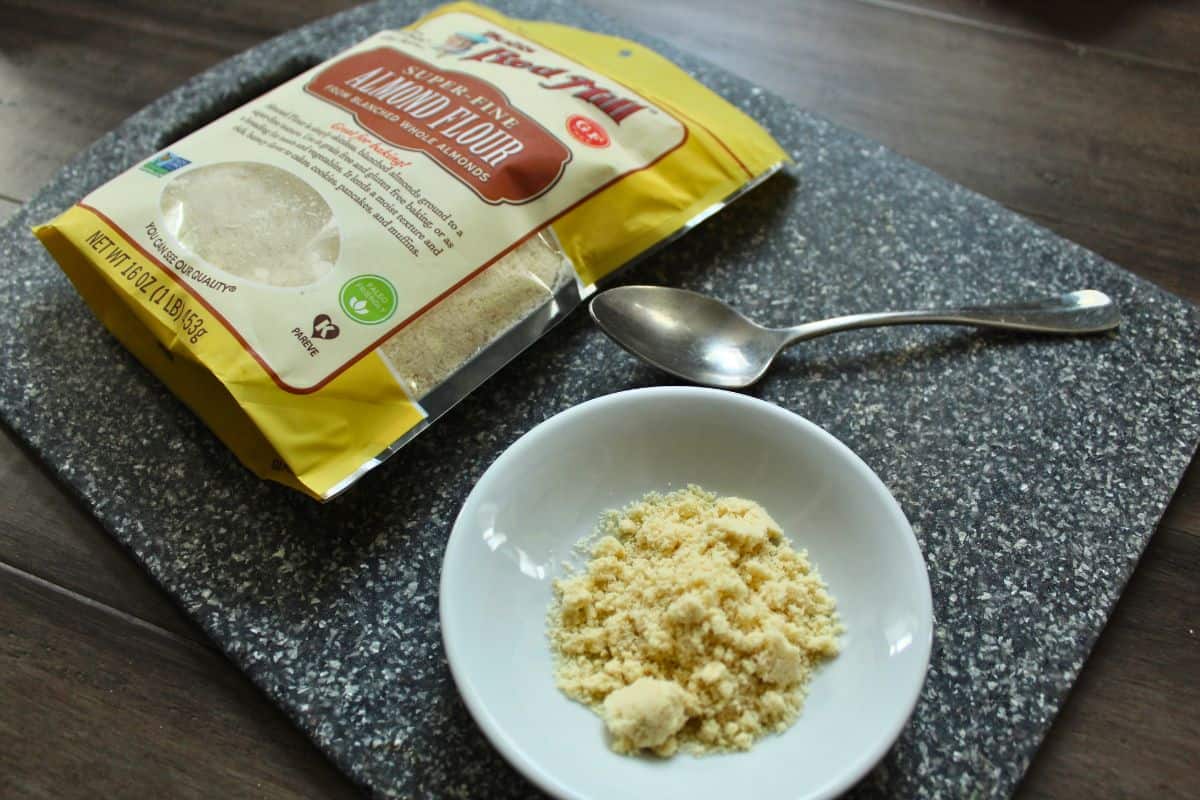
Amaranth Flour
1 cup of millet flour = 1 cup of amaranth flour
Amaranth is a gluten-free grain that’s high in protein, fiber, and essential nutrients such as iron, magnesium, and calcium. This particular flour has a slightly nutty and earthy flavor that works well in most any recipes, as it has a finer texture, similar to wheat flour, making it an ideal substitute for millet flour for baking.
Montina Flour
1 cup of millet flour = 1 cup of montina flour
Montina Flour is a gluten-free flour brand that’s made from the roasted seeds of Indian rice grass, grown in the US, along with tapioca starch and rice flour. It’s a nutritious and flavorful alternative to millet flour that can be used in a wide array of recipes.
One of the benefits of using Montina Flour is that it's high in protein and fiber, making it a great choice for those who are looking for a healthier alternative to traditional flour. Montina Flour can be used as a direct substitute for millet flour in many recipes, from bread, muffins, and cakes, as well as a thickener in sauces and gravies.
All-Purpose Flour (GF or Regular)
1 cup of oat flour = 1 cup of all-purpose flour
All-purpose flour is a versatile and widely available option that can be used in many recipes, as long as you don't have any issues with gluten (or find a decent 1-to-1 gf flour). White flour is made from a blend of hard and soft wheat, giving it a moderate protein content and a neutral flavor.
The texture and taste may differ when using it, as white flour tends to be denser and less nutty than millet flour, though you could also use all purpose gluten-free flour in a pinch.
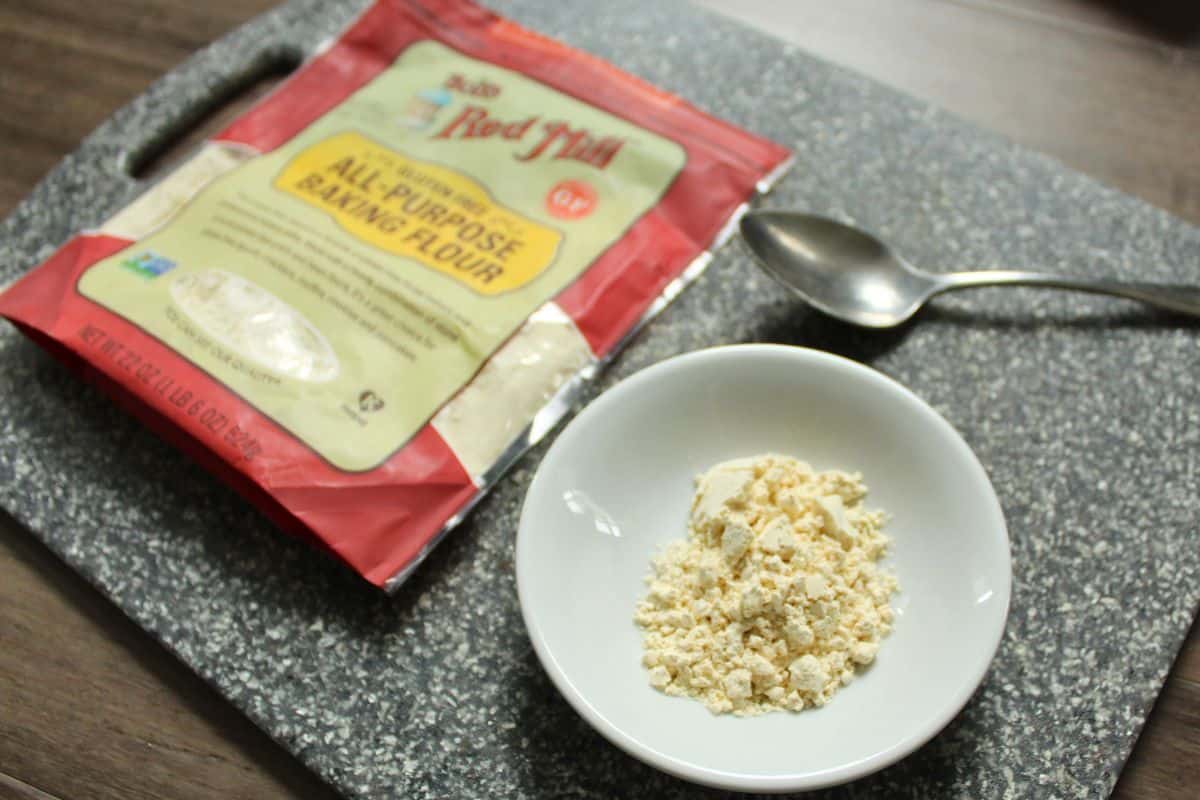
Whole Wheat or Spelt Flour (NOT GF)
1 cup of millet flour = 1 cup of whole wheat or spelt flour
Whole wheat flour is another great substitute for millet flour in the majority of baking recipes, as long as you don't have any issues with gluten. It’s made from ground whole wheat grains and has a nutty flavor that closely resembles millet flour.
Whole wheat flour is also readily available in most grocery stores, making it an easy choice for the average home baker.
This flour has a higher gluten content, however, which can affect the texture of your baked goods. To compensate for this, you may need to adjust the amount of liquid in your recipe or use a combination of whole wheat flour and another gluten-free flour if your original recipe called for millet.


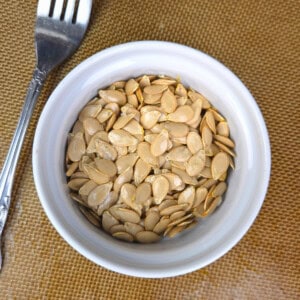
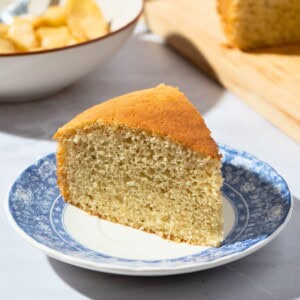

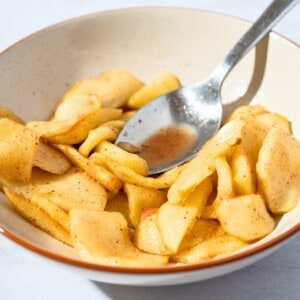



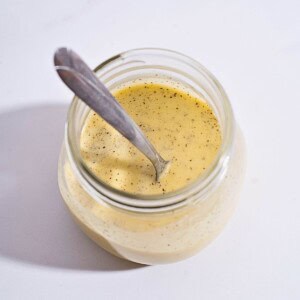





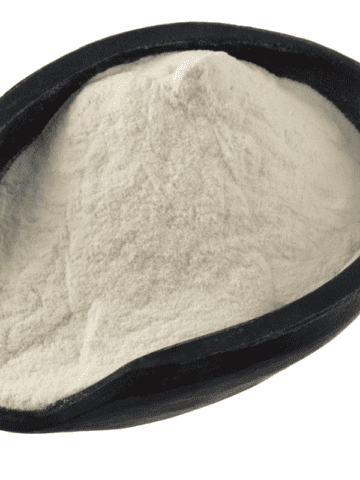
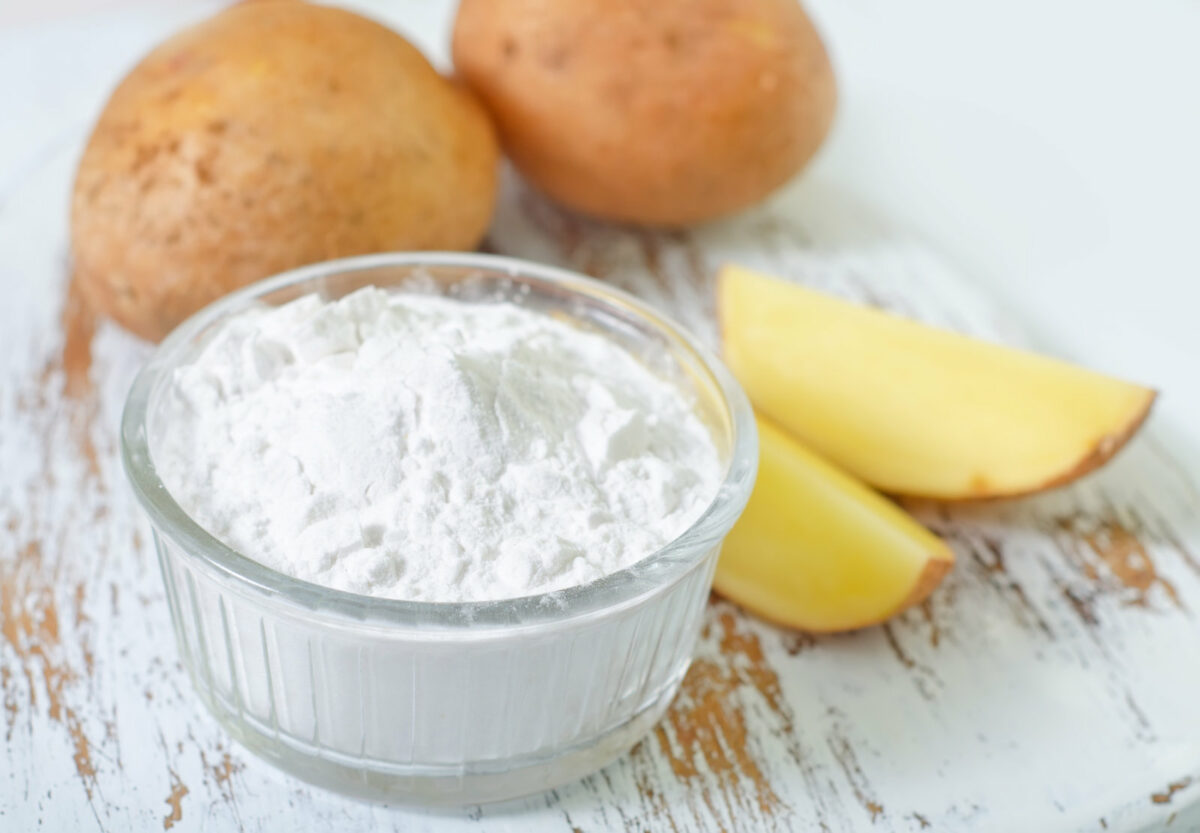
Comments
No Comments